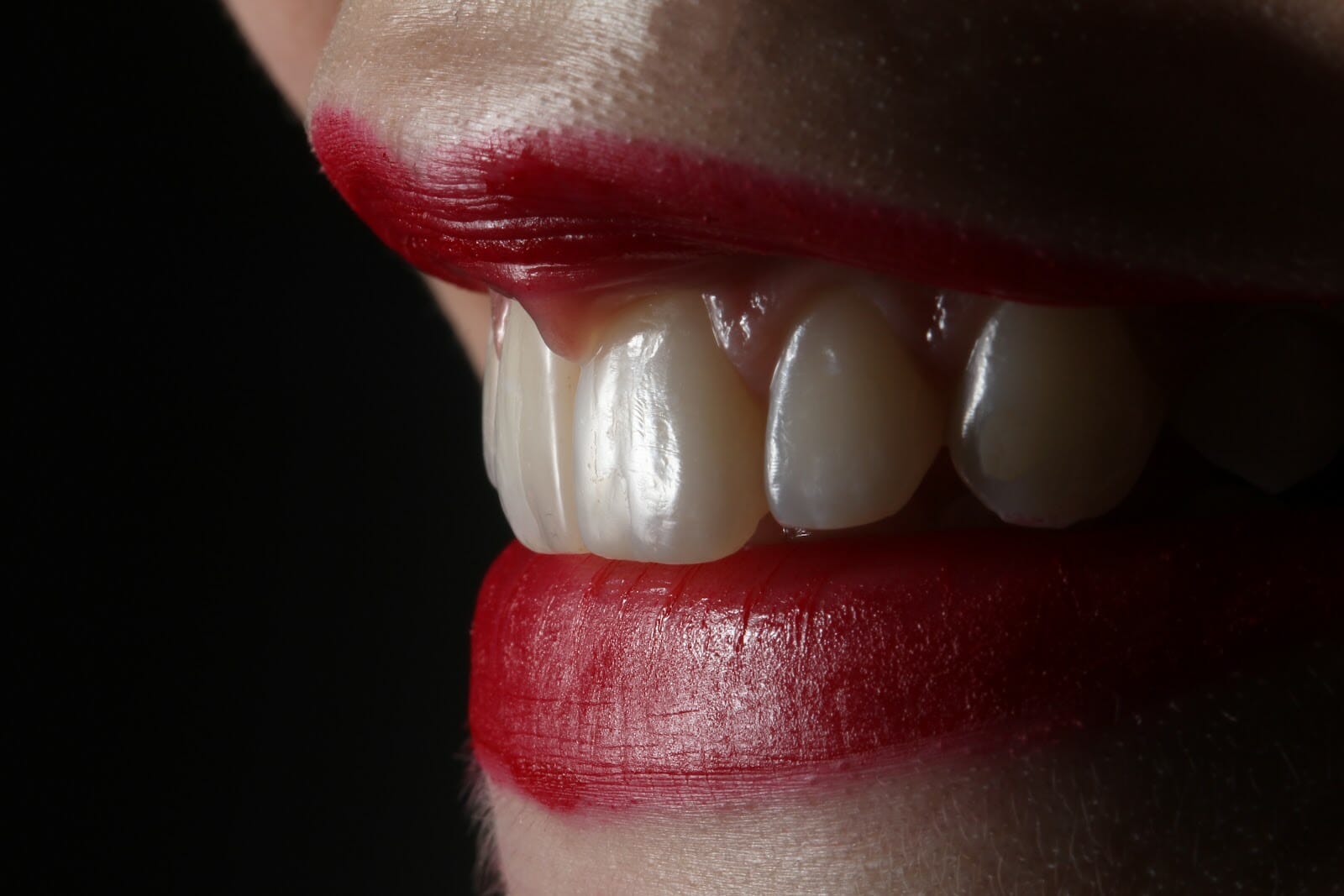Has your dentist told you that you have a calcified tooth? And do you know what that means for your oral health? A calcified tooth is also known as pulp canal obliteration and calcified metamorphosis, which sounds sinister. So, what should you be concerned about, and what are the implications of having calcified teeth? Here’s what you need to know.
What Is a Calcified Tooth?
A calcified tooth occurs after some type of trauma. It is when calcium deposits fill the inside of the tooth and root canal. As a result, the pulp or soft tissue inside the tooth is completely obliterated and fills with hard, calcified tissue.
Research in Australia showed that these calcifications are rare in premolars but more common in molar teeth. Many calcified teeth result from a sports injury or other accident. When the space inside the tooth is reduced, it puts pressure on the nerve and blood supply, causing pain. If you are unsure if you have a calcified tooth, but think you have a problem, call your dentist.
What Causes Tooth Calcification?
When a tooth’s pulp or soft tissue is damaged, the body naturally tries to protect against further decay. The space shrinks and calcifies (hardens) in an attempt to protect against further deterioration. In addition to trauma and injury, a calcified tooth can also occur as a result of longstanding decay in the root canal. Once the decay has expanded beyond the enamel, it erodes the pulp. If the problem is not fixed, the space calcifies or develops into an abscess. Finally, ageing also affects calcification, as there is less blood supply to the tooth, leading to a calcified cavity.
What Are the Complications of Tooth Calcification?
One of the most significant problems with a calcified tooth is that it can lead to infection and also severe pain. They also make standard root canal treatments challenging due to the structural changes caused by calcification, so it can usually only be fixed by an endodontist. The outer appearance of the tooth also changes to a darker colour.
Treatment for a Calcified Tooth
If you are asking yourself, “Can calcified tooth root canals be treated?”, the answer is a positive yes. The solution is to seek help from a dentist as soon as you experience a problem. Experienced endodontists and dentists can help by using a range of appropriate treatments and by working as a multi-professional team to devise a treatment plan.
Digital X-rays
If your dentist suspects a calcified tooth, an in-depth assessment is essential to discuss and arrange a treatment plan. Digital X-rays are critical, as they enable a team of dental professionals, including endodontists, to review the tooth and surrounding tissue and consider the most appropriate option for treatment. Some images can also be superimposed onto cone-beamed computer technology, enabling the endodontist to perform a detailed diagnostic process and identify affected root canals.
High-Powered Microscope
It’s incredible how a high-powered microscope can make a difference in the treatment plan for a calcified tooth. The endodontist uses X-rays and the microscope to examine the detail of the root canal calcification to understand exactly where to target treatment.
In some cases, not all root canal damage is visible on X-rays alone, so diagnosis requires microscopic examination to detect it before it leads to a structural problem or infection. In addition, the space available to work in a calcified root canal is limited, so getting as much detail in the preparatory stage is critical.
Finally, understanding how endodontists and a dental team respond to calcified teeth is important because it underlines the need to seek treatment from an experienced dentist for this type of problem.
High-End Rotary System
Once a calcified tooth or root canal has been diagnosed, your dentist needs to prepare it for treatment. Using a precision-shaped tool, the endodontist cleans and shapes the canal to ready it for treatment. Treatments will depend on the assessment but may include a calcified tooth extraction if the tooth cannot be saved. Generally, the endodontist will endeavour to save the tooth and root canal. The high-end rotary system also helps prevent the root canal from fracturing while being treated and helps with working in restricted spaces.
If you think you may have a problem with a calcified tooth or root canal, it is essential to get expert help. Sometimes, a general dentist is unable to treat calcification because they do not have the expertise and equipment. By visiting a dentist like Bellevue Hill Dental, you will find a team of experts to help advise and treat the problem. Reach out and call us today to discuss your needs. You’ll find it easy to make an appointment, and we’ll be able to help you with your dental problems.




